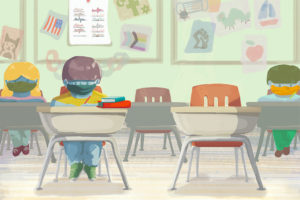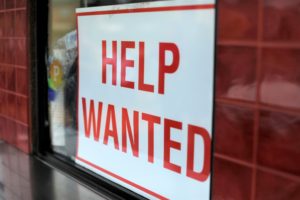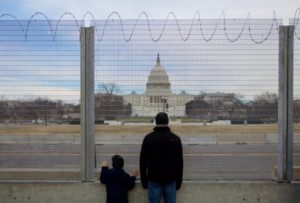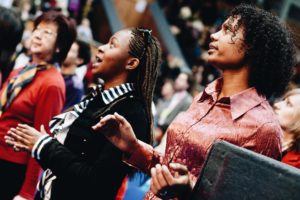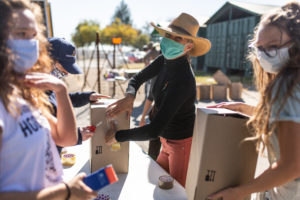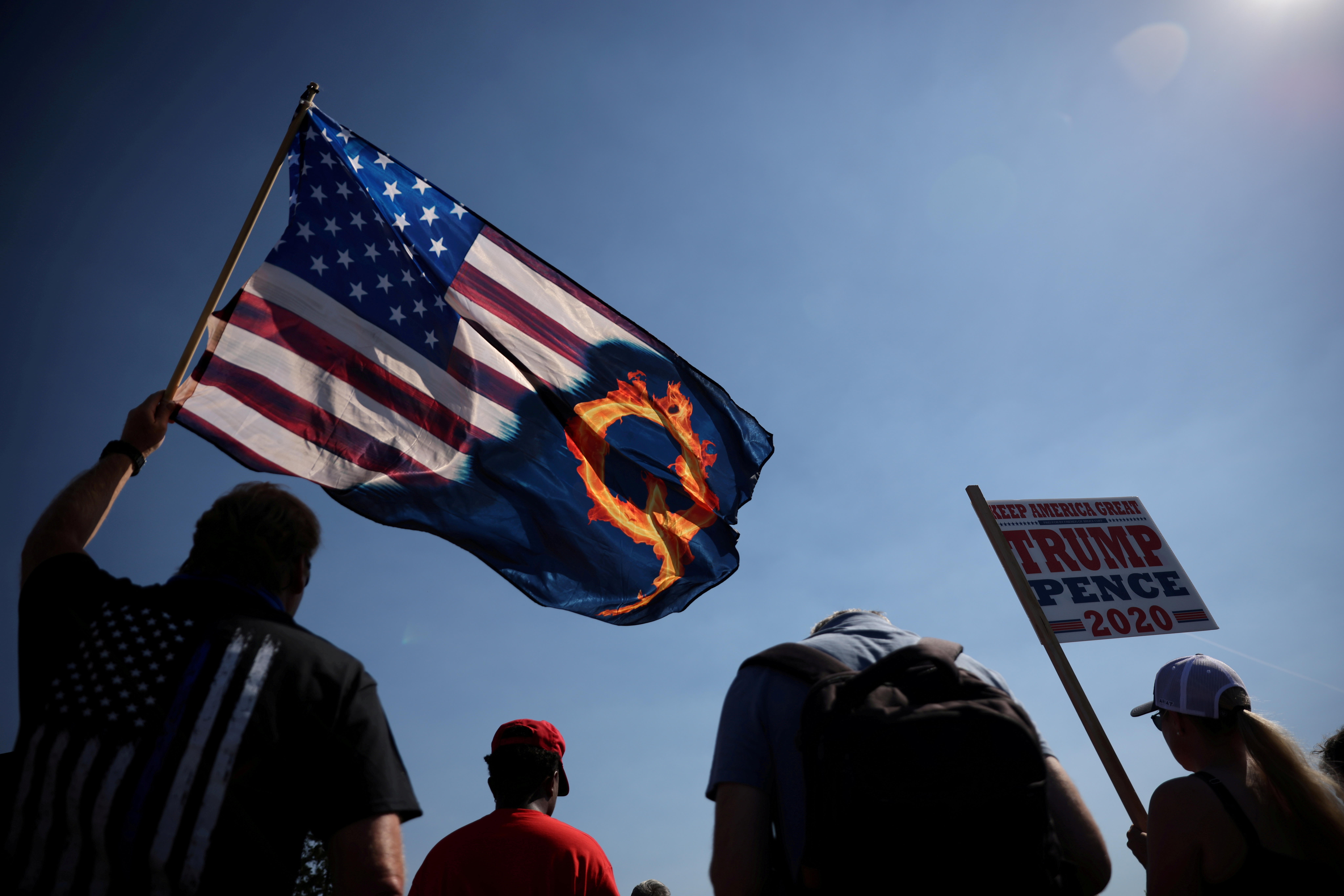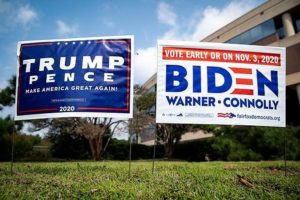All Research
Filtered with:
Survey ReportSeptember 22, 2021
Controversy and Consensus: Perspectives on Race, Religion, and COVID-19 in Public Schools
At a time of rapid cultural change, Americans continue to debate what students should learn about race, sex, and religion. While the public broadly supports students learning about America’s complicated racial legacy, political divisions persist. Democrats are far more willing to defer to teachers, while Republicans want a much larger role for parents in education decisions.
Survey ReportJuly 15, 2021
The Great American Jobs Reshuffle
The COVID-19 pandemic decimated American workplaces, yet workers’ experiences varied dramatically. This report examines current unemployment trends and how workers navigate an uncertain environment. In the wake of the pandemic, workplace flexibility is more important for everyone, even if not all workers agree on the benefits of remote work.
Survey ReportJune 8, 2021
The State of American Friendship: Change, Challenges, and Loss
The May 2021 American Perspectives Survey finds that Americans report having fewer close friendships than they once did, talking to their friends less often, and relying less on their friends for personal support.
Survey ReportMarch 4, 2021
Social Isolation and Community Disconnection are Not Spurring Conspiracy Theories
After the 2020 presidential election, a new survey finds acute partisan disagreement over whether President Biden was legitimately elected and whether political violence can ever be justified. Although most Americans believe the 2020 election was a fair contest, most Republicans disagree and express concerns about voter fraud. Republicans are more likely to embrace political conspiracies, including the existence of a “Deep State” working to thwart Donald Trump’s presidency and the Q-Anon conspiracy that Trump is fighting a cabal of sex traffickers.
Survey ReportFebruary 11, 2021
After the Ballots are Counted: Conspiracies, Political Violence, and American Exceptionalism
The January 2021 American Perspectives Survey looks at post-election sentiments, beliefs in conspiracies, attitudes toward political violence, political segregation, and general feelings toward the United States.
Survey ReportDecember 15, 2020
Religious Diversity and Change in American Social Networks: How Our Social Connections Shape Religious Beliefs and Behavior
The American Social Network Survey uses a unique design to measure the race, educational background, politics, and religion of our social contacts. The results reveal that personal behavior and beliefs are socially constructed—what we know is influenced by who we know. Americans who have more politically diverse social networks express greater openness to compromise and are less bound to their own beliefs. Racial and ethnic diversity in Americans’ social networks makes one more sensitive to race issues.
Survey ReportDecember 9, 2020
A Turning Point? Americans Grapple With COVID-19 Amid Enduring Partisan and Racial Divisions
The November 2020 APS explores how Americans are grappling with COVID-19 amid soaring numbers of infections. Though large partisan divisions persist, more Americans say they would get a free, FDA-approved vaccine. It also challenges the “shy Trump voter” hypothesis and explores possible explanations for Trump’s increased support among non-white voters.
Survey ReportNovember 18, 2020
Hopes and Challenges For Community and Civic Life: Perspectives From the Nation and Indiana
The coronavirus outbreak created tensions between urban Americans hit hard by the virus and small towns and rural communities. Despite these disparities, surveys find that, before COVID-19, Americans expressed many of the same ideas and priorities regarding their communities, revealing we may not be as divided as one might think.
Survey ReportOctober 13, 2020
Conspiracy Theories, Misinformation, COVID-19, and the 2020 Election
The September 2020 American Perspectives Survey tests existing conspiracy theories about politics and misconceptions about public health, ideas, and whether demographic or partisan backgrounds are associated with greater propensity to accept or reject certain theories.
Survey ReportSeptember 30, 2020
Socially Distant: How Our Divided Social Networks Explain Our Politics
The American National Social Network Survey explains how personal networks and relationships condition personal behavior and influence decisions.

